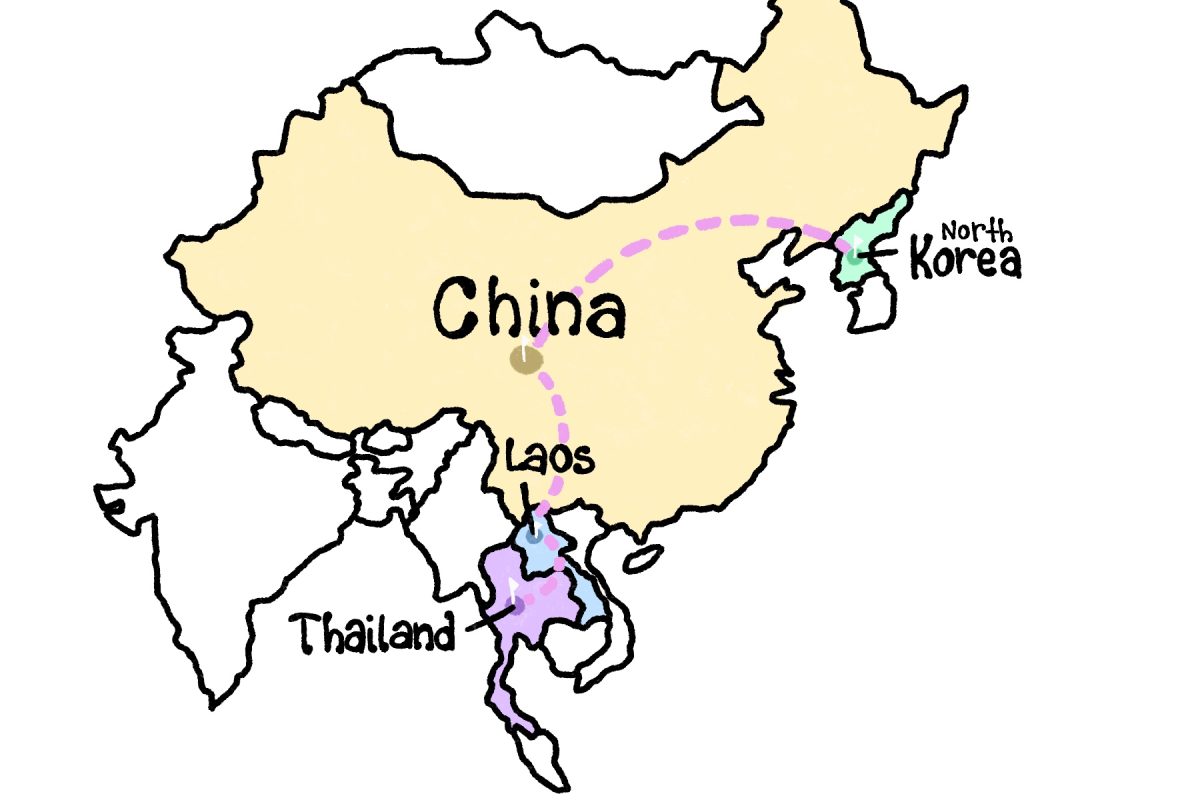Repealing Net Neutrality Hurts More Than It Helps
The end of net neutrality could mean big changes to the way our internet works.
December 15, 2017
In the age of clickbait headlines about things like celebrity scandals, pop culture feuds, and Kardashian pregnancies, I feel as if I’ve seen it all. Scrolling through a news website is often a maze of exaggerated titles to stories with no substance. However, this morning when the homepage of CNN read “The End Of The Internet As We Know It,” I found it to be all too true.
On December 14th, 2017 the Federal Communications Commission (FCC) voted to reverse the national policy on net neutrality. This policy set boundaries on what an internet service provider could manipulate, meaning that a company could not block you from looking at certain content, or charge you for higher speeds on a certain site. Repealing the net neutrality policy gives the power of deciding our content to our internet provider.
Out of the many issues the reversal of net neutrality could cause, one of the most important is our loss of freedom as a consumer. One of the few reasons behind the repeal is to make the internet a safer, more appropriate place, however, this is not the job of the providers but rather the job of the customer and the individual website owners. The content I deem as appropriate for me may not be the content a 21-year-old frat boy deems appropriate for him, and that’s ok; He can access the content he finds fit for him, just as I can for me. That being said, the CEO of Comcast may not have the same definition of appropriate internet content as I do, so he should not be the one deciding what I can and cannot look at.
Reasons surrounding the economy are also prominent in the fight for the repeal. The chairman of the FCC, Ajit Pai, argued that the control this policy had on major companies could hurt them economically and didn’t give businesses the chance for even greater success. Without the policy he believes there will be new advances and innovations in the business world.
“It’s basic economics, the more heavily you regulate something, the less of it you’re likely to get.” Pai said earlier this year.
While this may be common sense with some laws and regulations, it is not applicable to many companies who need net neutrality to stay afloat. It may give the opportunity to companies with large income rates to gain even more economic power, but in the process it may also diminish small businesses likelihood of success and their ability to grow. Theoretically, an internet service provider could force companies to pay a higher rate to receive a faster internet speed on their websites. Considering a small company with shallow pockets, that cost may not be a possibility for them. And even if a company is able to pay their internet dues, it is very likely they will have to hike up their prices to still keep a steady profit. A company may flourish, but their customers will take a hit.
With a lack of net neutrality we’re putting all of our eggs in the baskets of large corporations. These companies could do the right thing by keeping our internet access open to whatever we please and all at the same speeds, or they could use the reversed policy to their financial benefit and limit access and speeds. It’s all up to them now.





























